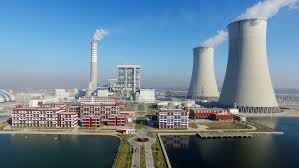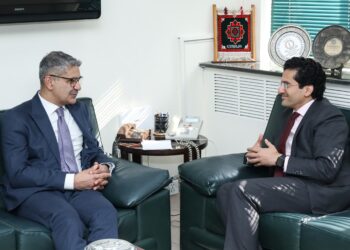ISLAMABAD Lawmakers have come down hard on the Oil and Gas Regulatory Authority (OGRA), exposing a shocking regulatory vacuum that has allowed thousands of unregistered and potentially dangerous LPG tankers to operate across the country, putting countless lives at risk.
During a session of the National Assembly’s Standing Committee on Planning, Development, and Special Initiatives, chaired by Syed Abdul Qadir Gillani, members voiced alarm over recent tragedies and long-standing neglect—particularly the illegal sale of LPG in plastic bags in Khyber Pakhtunkhwa and unchecked fuel theft in Sindh.
The Multan LPG tanker explosion on January 27, which claimed several lives, served as a grim backdrop to the meeting. “These disasters are no longer isolated incidents—they’re becoming the norm,” said Chairman Gillani. “Throwing aid at victims after the fact is not a solution. We must root out the causes.”
The committee heard that of an estimated 2,000 LPG tankers nationwide, only 800 are registered with the Department of Explosives—and just 247 are licensed by OGRA. This staggering discrepancy points to a widespread lack of regulatory enforcement, prompting outrage from lawmakers.
OGRA officials conceded the problem, admitting that existing laws are weak and enforcement mechanisms under-resourced. In response, they proposed dramatic increases in penalties: raising fines from Rs3,000 to Rs20 million, and prison terms from six months to up to 10 years. But lawmakers pushed back, saying stiffer penalties alone won’t solve a systemic failure.
“Why weren’t these unlicensed tankers shut down years ago?” asked MNA Dawar Kundi. “OGRA’s response is not just late—it’s negligent.”
The committee highlighted the absurdity of LPG being sold in plastic bags—a practice both dangerous and illegal. “CNG is being openly sold next to the Swat Motorway,” said MNA Saleemur Rehman. “This isn’t just mismanagement—it’s a scandal.”
Tahir Iqbal added, “You can raise penalties all you want, but without proper tracking and inspection systems, it’s meaningless. Shut down violators. Suspend licences.”
The committee unanimously agreed to refer the issue of illegal LPG tankers to the Standing Committee on Petroleum and demanded a full response from OGRA at the next session. Members also condemned the Rs600,000 compensation offered to families affected by the Multan explosion as “grossly inadequate,” urging immediate license suspensions for those under investigation.
Beyond the LPG crisis, the committee also reviewed broader infrastructure issues, including chronic delays in development projects inherited from the now-defunct Public Works Department (PWD). Sub-Committee Convener Syed Samiul Hassan Gillani presented a report detailing bureaucratic hurdles, lack of coordination, and underperformance by Pakistan Infrastructure Development Company Limited (PIDCL).
While some members advocated reforming the PWD with tighter oversight, others called for the creation of a new federal-provincial coordination body. “Transferring the same inefficient personnel from PWD to PIDCL won’t work,” one member noted.
The committee decided to reconstitute its sub-committee on development projects under Gillani, with a 30-day deadline to present progress.
Ends















